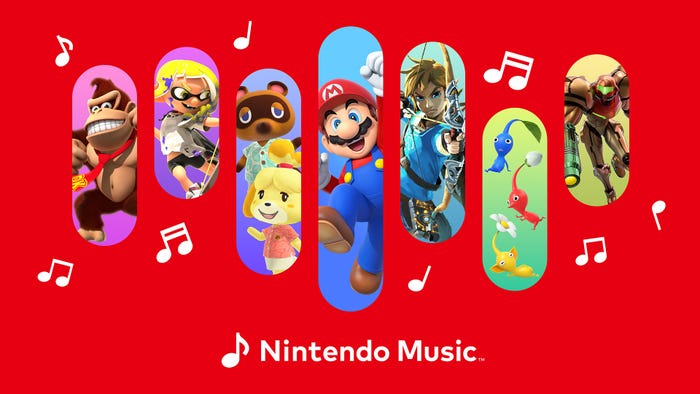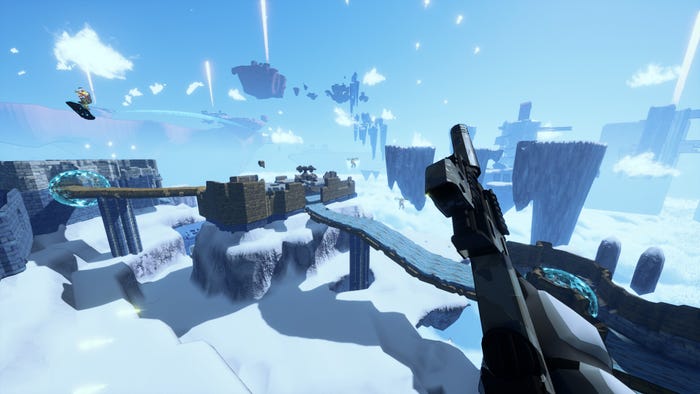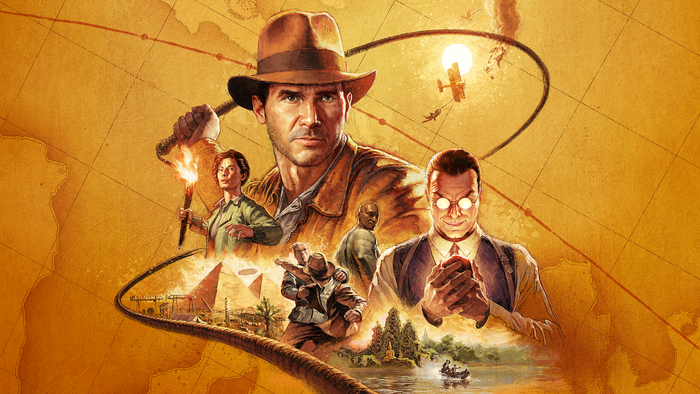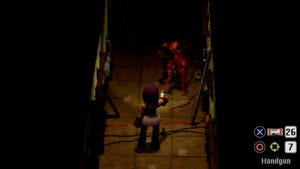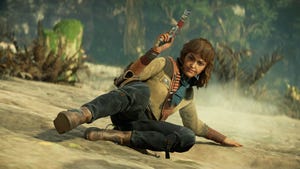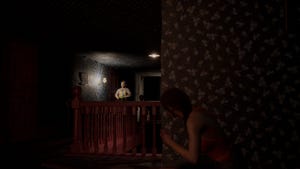.png?width=700&auto=webp&quality=80&disable=upscale)
How hypothetical milk spills and musings on mortality shaped The Wreck
The Pixel Hunt co-founder and The Wreck lead scribe, Florent Maurin, discusses how they worked to imbue their writing with authenticity.
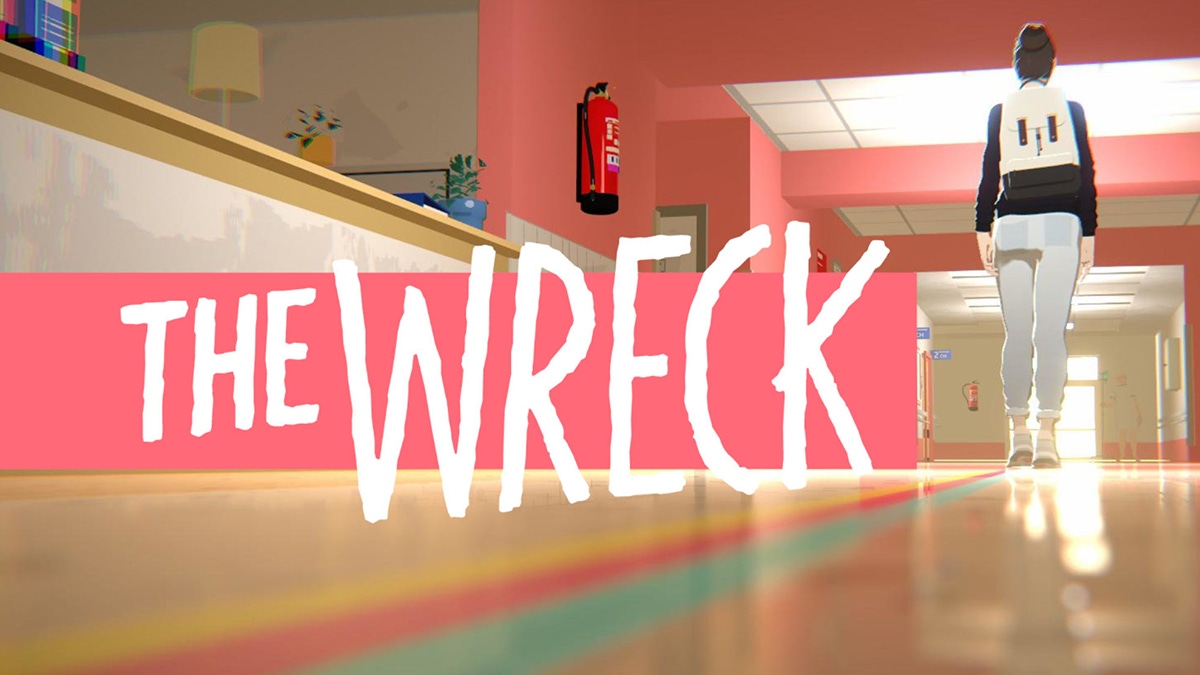
This interview has been edited for clarity and includes spoilers for The Wreck.
Relive the past, alter the present, and embrace the future. That's the philosophy at the very heart of The Wreck, the latest project from Bury me, my Love and Inua: A Story in Ice and Time developer The Pixel Hunt.
The 3D visual novel follows failed screenwriter Junon as she navigates the most pivotal day of her life, culminating in a car accident, and grapples with complex themes such as love and mortality by asking players to plunge into Junon's memories to better understand the trauma that shaped her present and, hopefully, chart a path forwards.
Speaking to Game Developer earlier this year, The Pixel Hunt co-founder and The Wreck lead writer, Florent Maurin, explained the idea for the project formed after he was involved in a car accident with his daughter. Although they were both unharmed, Maurin said the experience caused fragments of his life to flash before his eyes, and left him ruminating on the fragile, fleeting nature of existence.
"When I dug into [why I wanted to tell this story], I realized that I'm a father of two, and it was just me trying to face one of the biggest anxieties you can have as a father, which is the possibility of losing a child," he said. "This was something I needed to address personally, and I wanted it to feel honest." As a result, the idea of engaging with The Wreck's cast through the lens of memory was always the intent, largely because it allowed Maurin to pour himself into the project.
"Very early on, I had this idea for the characters, and where the story should start and end. I knew how I wanted Junon's character arc to progress," he continued. "I knew it was crucial for her to face people who were important in her life, to learn why her relationships with them had become dysfunction through her memories, and to understand through the examination of those memories how she could change so her relationships with the ones she loves."
Take your characters off the pedestal
Constructing a solid narrative framework and telling a story that truly resonates, however, requires different considerations. Although Maurin felt The Wreck had the potential to connect with players, he knew that would only happen if he could humanize its key characters. "You have to acknowledge they have flaws," he says.

"The other part is how they deal with obstacles. At first, Junon handles things very badly, and then she has to work at trying to be better and overcoming the incredible grief she's facing. That's where the 'genuine' part comes in. I asked myself 'if I was to face this situation, how would I manage?' You have to empathize with the character—because there are still lots of differences between her and I. But I think if you love your character, you're able to understand how and why they'd react to situations in a certain way, even if they perhaps wouldn't be proud of their response."
That level of understanding isn't some form of innate knowledge. Although Maurin always had an idea of who each character was, he explained the team also (literally) mapped out the relationship between Junon and The Wreck's supporting cast. "It's important to have a network of relationships so that everything feels cohesive," he said, "so we had this chart that detailed how each character might consider the other. It's also really important to have power dynamics that are interesting and not one-sided, so that no character in the game can be perceived as one-dimensional."

For Maurin, that might mean creating a character who's an "absolute asshole," such as Junon's estranged mother. "She's the bad guy, because almost every story needs a bad guy, but once we'd laid that out, we had to come up with ways to make her relatable" To that end, the team established a backstory for her character so players could better understand why she behaved in certain ways.
It's not about pulling the rug from under players by flipping a character on their head, but rather laying out why somebody has become the person they are so players connect with them on that level—without necessarily condoning their actions.
There's truth hidden in the little details
Alternatively, in the case of Junon, Maurin nurtured his understanding of The Wreck's protagonist by engaging in thought experiments that helped him parse how she might deal with a variety of situations, ranging from life-altering to completely trivial. "I can tell you how Junon would react to any situation. That's an exercise I was constantly doing, while taking showers or whatever, just constantly asking myself 'if this happened how would she react?' For instance, I'd wonder how she might react if she spilled a glass of milk in the morning while still half-asleep, and I became almost obsessive about asking and answering those questions. I'm not an obsessive guy, but it became a huge part of my process."

Maurin believes you could push that process by contemplating on how characters might react at different stages of the game. For instance, how would Junon as we encounter her at the beginning of The Wreck react to something—such as that glass of milk—compared with Junon as we find her in the middle of the story, or as we approach the climax? For Maurin, it's a question well worth asking because "all stories are about change," so your character shouldn't react in the same way as the narrative progresses.
It's interesting to hear Maurin lay out how he repeatedly sought to understand his own characters during production, because although The Wreck lets players toy with a branching narrative that can result in multiple endings, he says it was never the plan to force a conclusion on players. Instead, it seems the hope was to provide some form of catharsis by fostering empathy.
"I decided that all the choices in the game wouldn't be that important. They don't completely revolutionize the story, but instead let players see different facets of the narrative," he explained. "But the last choice asks players to decide how Junon is going to keep on living after everything she's been through, and I think that still makes for an interesting conclusion.
"You don't have to force an ending on the players. Maybe one is more popular than the others, but all three are legitimate. I think that's what's great about video games. You can tell people a very intense story, and then let them draw their own conclusions by sorting through their own feelings at the very end."
About the Author
You May Also Like


